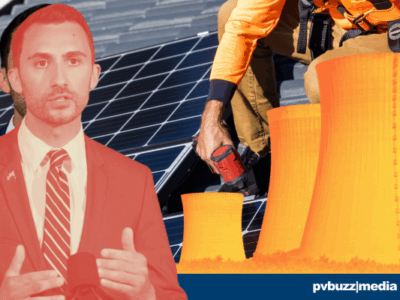NEW YORK | News Release — A notably severe winter has finally come to a close, and some Americans may soon see drops in their utility costs as a result.
But how much do Americans really know about the various energy resources heating their homes, powering their entertainment centers and charging their mobile devices?
What do Americans see as the cleanest – and most harmful – energy resources? And whatever the source supplying their grids with electricity, are Americans taking steps to use less of it?
These are some of the results of The Harris Poll® of 2,221 adults, surveyed online between February 11 and 17, 2015. Full results, including data tables, are available here.
A majority of Americans – albeit a diminishing one – say they turn off lights, televisions or other appliances when not in use in order to improve energy efficiency at home (75%, down from 79% in 2014 and 82% in 2012). There have also been drops in the percentage of Americans engaging in a number of other efficiency-boosting steps at home.
Men and women prefer to take action in different ways. While they differ little on steps like replacing incandescent bulbs with fluorescent ones (51% men, 49% women) and seeking out ENERGY STAR appliances (46%, 48%), women are considerably more likely to say they’ve taken steps to reduce hot water usage (46% women, 33% men). Men, in contrast, are more likely to say they’ve taken steps such as sealing gaps in floors and walls around pipes or wiring (33% men, 25% women), installing energy efficient windows (29%, 23%) and having a TV with Smart technology (23%, 17%).
Some regional differences also exist in energy-saving practices and adoptions. For example, nearly half of Southerners (47%) change their air filters monthly, in comparison to just two in ten (21%) Easterners, three in ten (29%) Westerners and a third (33%) of those in the Midwest. Meanwhile, nearly four in ten Westerners (37%) have installed low-flow faucets or showerheads, compared to fewer than one-fourth each of those in the East (22%), Midwest (23%) and South (24%).
And if knowledge is, in fact, power, then Americans would appear to have their wires crossed. On the one hand, more than six in ten (62%) believe themselves knowledgeable about energy issues including sources of electrical power and energy efficiency; on the other, only one in ten (11%) have looked to upgrade their knowledge in this particular area by conducting a home energy evaluation or audit.
“Even though understanding of energy sources remains at historical levels, in the last few years fewer consumers are taking steps to reduce energy consumption in their homes,” says Carol M. Gstalder, Reputation & Public Relations Practice Leader for Harris Poll. “As energy prices drop, so do consumers’ commitment to energy-saving decisions from replacing light bulbs and water heaters to installing solar.”















Comments